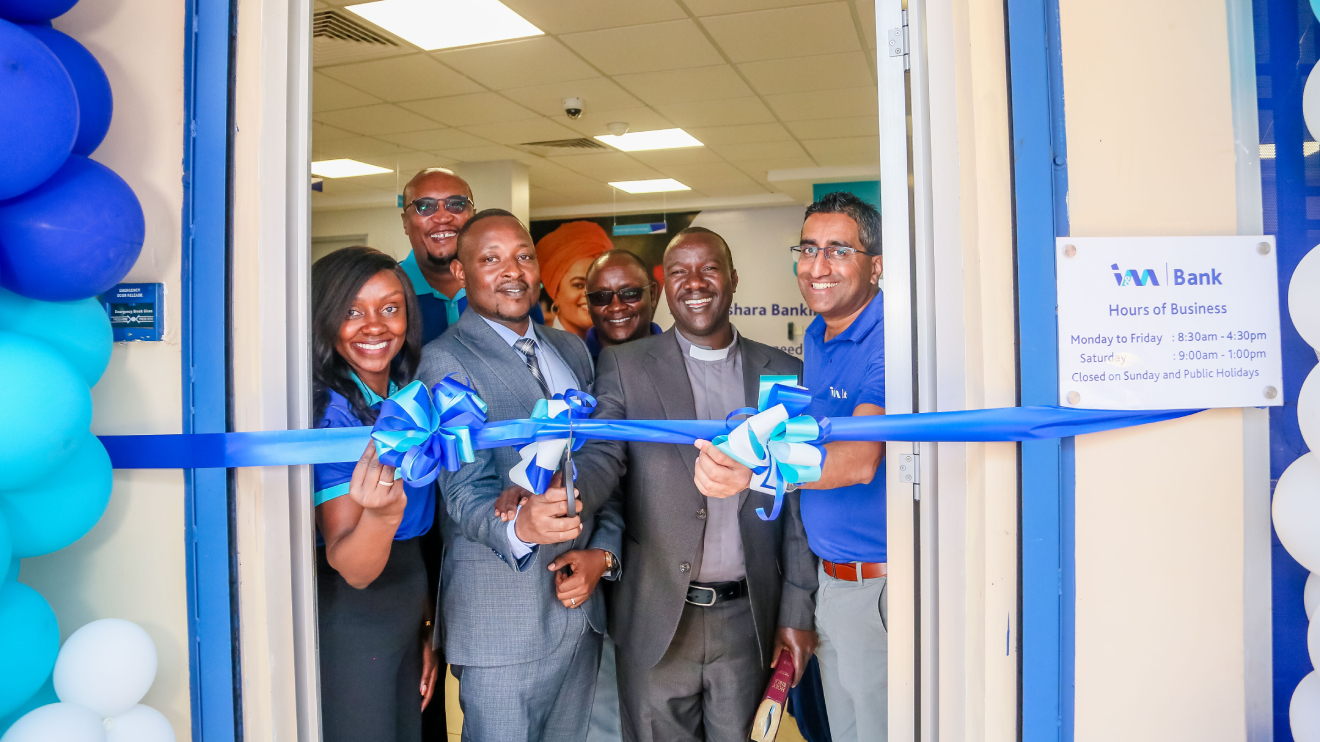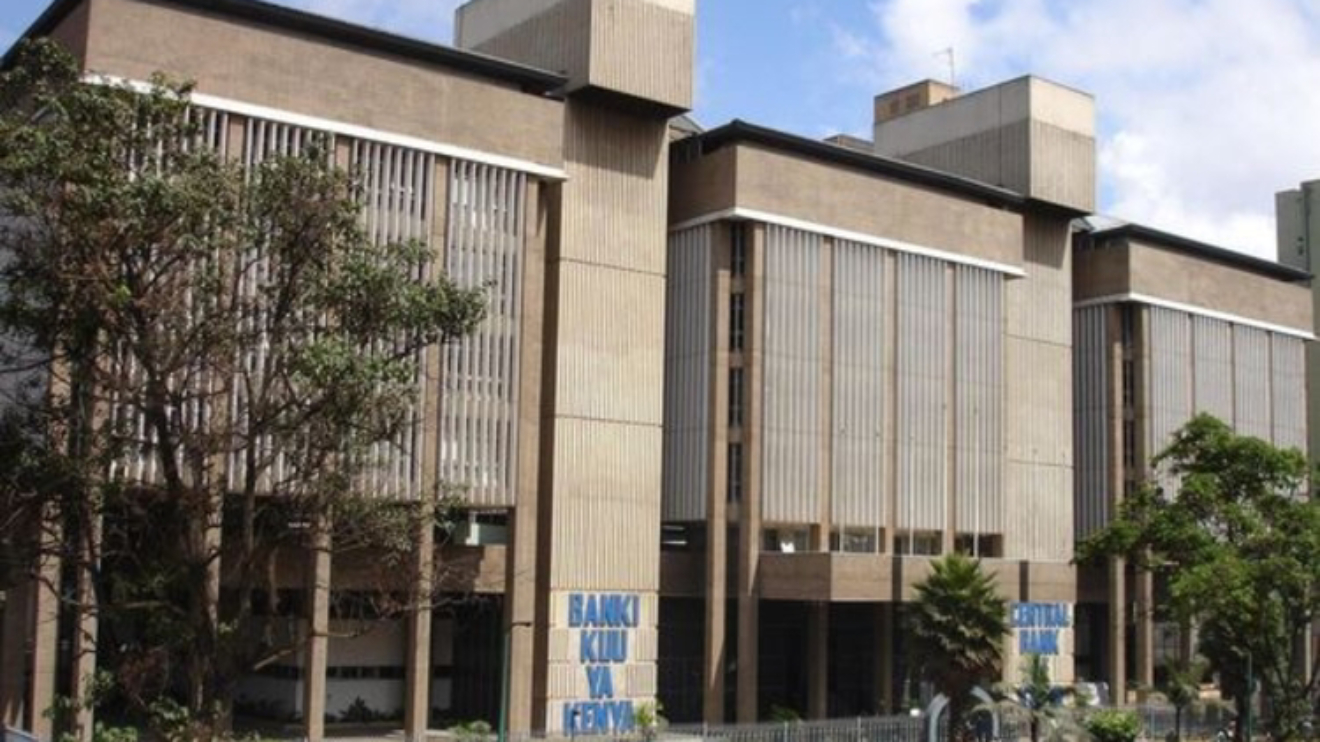Financial literacy is a foundation of economic empowerment, especially in developing economies like Kenya.
In this regard, NCBA Bank has emerged as a fundamental institution, not only providing banking services to Kenyans but also aggressively promoting financial education and inclusion across the region.
Via deliberate partnerships, innovative programs, and community engagements, NCBA continues to shape the financial landscape and empower individuals to make informed financial decisions.
What is financial literacy?
Financial literacy incorporates the skills and knowledge needed to manage your financial resources effectually and involves understanding concepts like budgeting, saving, investing, and credit management.
Read More
For example, a substantial section of the Kenyan population remains unbanked or underbanked hence fostering financial literacy is a key ingredient towards promoting economic independence and tackling poverty levels.
NCBA's Commitment
NCBA Bank has acknowledged the critical role financial literacy plays in driving economic development, especially in Kenya where there is a huge appetite for it.
The lender’s programs are specially designed to equip individuals, especially the youth and underserved communities, with the tools to confidently circumnavigate the financial world.
Youth Education and Enterprise
One of NCBA Bank's flagship initiatives is its Youth Education and Enterprise programs, which emphasize on teaching young people about financial management, savings, and entrepreneurship.
Collaborations with organizations like M-Pesa Foundation Academy, Edumed Trust, Dr Choksey Albinism Foundation, Palmhouse Foundation, and SOS Children’s Villages Kenya, has seen NCBA sponsor the education of more than 300 students from disadvantaged backgrounds.
These initiatives provide not only financial support to the youth but also mentorship, with the aim of nurturing future leaders who can contribute to the transformation of the society.
On top of scholarships, NCBA also partners with Junior Achievement Kenya to operate the Social Innovation Relay (SIR) program, which encourages high school students to develop entrepreneurial solutions to societal challenges, and in the process promoting innovation and financial shrewdness among the young people.
Training and Development
Away from the customers, NCBA Bank has also collaborated with the Chartered Institute for Securities & Investment (CISI) to extend financial literacy to its entire workforce.
The partnership is aimed at enhancing the professional standards of its employees by enrolling them in the Securities Industry Certification program.
More than 50 financial advisors at NCBA Bank have gone through this training, ensuring they are equipped with global best practices to offer informed financial guidance to clients.
Digital Financial Inclusion
NCBA has embraced technology to bridge the gap between financial services and the population recognizing that access to financial services is a key factor of financial literacy.
The unveiling of the NCBA Now App is a testament to the Tier-1 bank’s commitment to meeting the evolving needs of customers in the digital age.
The app offers customers and non-customers a wide-ranging suite of features accessible anytime and anywhere hence promoting financial inclusion across the East African region.
Furthermore, NCBA's collaboration with mobile platforms like M-Shwari and Fuliza has enabled the provision of microloans, allowing individuals to access credit expediently.
These digital solutions have empowered many NCBA Bank customers to manage their finances effectively, even in instances where traditional banking infrastructure is missing.
Community and Sustainability
NCBA Bank's commitment to financial literacy has extended to community engagement and environmental sustainability and the bank has, for example, partnered with Baboon Project Kenya for a tree-planting initiative across Nakuru County to develop the community.
Through involving schools and communities in responsible environmental conservation, NCBA Bank has enabled the youth to link financial literacy with sustainable practices.
Challenges and Opportunities
Despite all the efforts made by the financial institution, challenges abound in realising widespread financial literacy including limited access to technology, low financial awareness, as well as cultural barriers.
However, these challenges also accord the bank opportunities for invention and innovation.
By leveraging partnerships, embracing technology, and concentrating on inclusive education, NCBA can further its mission of enhancing financial literacy across Kenya.
In Conclusion
NCBA Bank's multi-layered approach to promoting financial literacy in Kenya and across the East African region accentuates its commitment to the development of the society.
Through education, professional training, digital innovation, and community engagement, NCBA Bank is intentionally empowering individuals to take control of their financial futures.
As the firm continues to expand its programs and collaborate with various key players, it is playing a significant role in shaping a financially literate and economically resilient Kenya.Financial literacy is a foundation of economic empowerment, especially in developing economies like Kenya.









-1757457290.jpg)